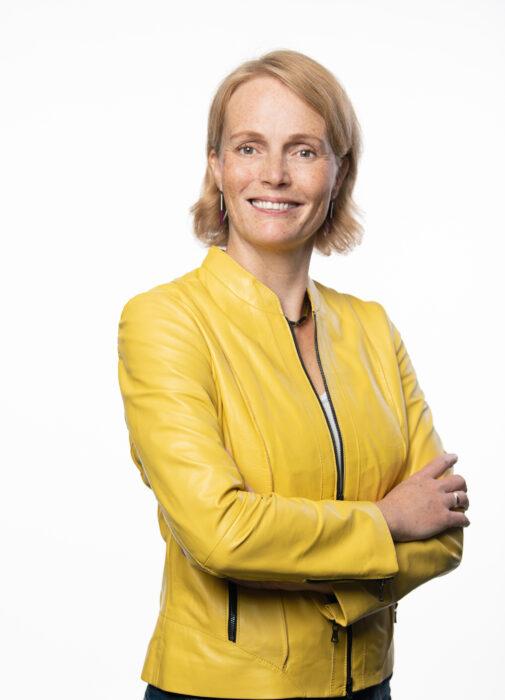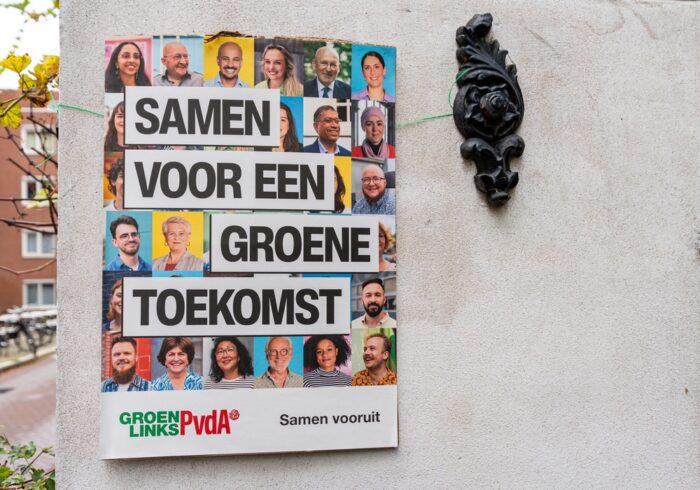The Progressive Post
A far-right triumph: Austria’s 2024 election and the FPÖ’s historic win


Austria’s 2024 federal election delivered a historic result for the FPÖ, driven by voter frustration with inflation, migration and the government’s handling of numerous issues. The far-right FPÖ capitalised on widespread dissatisfaction.
To understand the result of the 2024 federal election in Austria, one has to review the last couple of years. As in most European countries, Austria went through a number of crises, like significantly increased migration in 2015, the Covid-19 pandemic, the war in Ukraine, and the subsequent dramatic rise in inflation in Austria (which was above EU average between January 2023 and July 2024, according to the European Statistical monitor).
After the 2017 general elections, ÖVP and FPÖ formed a government, which broke apart in May 2019 (after the so-called Ibiza Scandal, which involved the FPÖ leader Heinz-Christian Strache and led to snap elections later that year). ÖVP won the election by far and formed a coalition with the Green party. This government had to handle the Covid-19 pandemic, but moreover was shaken by scandals within the ÖVP, which forced chancellor Sebastian Kurz to step down. Finally, Karl Nehammer became chancellor. People were very dissatisfied with the performance of the government, in particular in the second half of the legislative period: there was harsh criticism by the FPÖ concerning the handling of the pandemic (quite similar to other populist right parties all over Europe), and later people perceived the government’s handling of the inflation as rather poor.
Meanwhile, the SPÖ has struggled internally since 2015, demonstrating internal dispute to the public, in particular about their own positions but also their party leaders. This is a new phenomenon in Social Democratic history: internal conflicts have sometimes become public events. At regular intervals, key actors from various regions and Social Democratic institutions – even during election campaigns – have criticised the party leadership and its direction. In interviews, SPÖ leaders have been questioned about internal party disputes rather than about their policies and priorities. When Andreas Babler became party leader in mid-2023, he had to face the more than difficult task of uniting the divided party.
Opinion polls identified the FPÖ as the strongest party since the end of 2022, and the party won the European parliament elections in June 2024, albeit by a very slight margin. In the EU election, ÖVP was second and SPÖ third. This momentum defined the frame for the federal election campaign, and, unsurprisingly, the results of the federal elections were quite similar. After losing the EU elections, SPÖ was not even seen as a serious competitor for becoming the strongest party anymore. In the end – according to the preliminary final results (as of 30 September) –the FPÖ gained 28.9 per cent, their best result ever in federal elections. Their gain of more than 12 percentage points is reflected in the ÖVPs loss of 11.1 percentage points. However, ÖVP was at least in second place with 26.3 per cent. SPÖ finished third with 21.1 per cent, which resembles the 2019 result, but still is a historic low: for the first time since 1945, SPÖ was only third, and it had the lowest share of votes in federal elections.
The Greens had to face severe losses and ended up with 8.2 per cent, overtaken by the liberal NEOS who received 9.1 per cent. The dissatisfaction with the government in particular, and politics in general, was also reflected in the relatively strong results of some smaller parties, the communists, the ‘beer party’, and some others, who in total had more than 6 per cent, but neither of them managed to pass the 4 per cent threshold to win seats in parliament.
The most important reasons for this result are the following:
First, people were very dissatisfied with the government. The governing parties, ÖVP and Greens, lost nearly 17 per cent. It could have been even worse without the devastating flood due to extremely heavy rainfall just two weeks before the election, where people were rather satisfied with the government’s management. This might have mitigated the dissatisfaction slightly.
FPÖ was most successful in providing a political offer for the dissatisfied. Despite downturns and corruption scandals following their participation in government (2000-2002, 2017-2019), the far-right FPÖ manages to regain (electoral) success quite regularly. For the past few years, the FPÖ has consistently pursued a clearly ‘anti-mainstream’/ ‘anti-establishment’ course on matters such as the European Union, Russia’s war against Ukraine and Covid. The FPÖ also mobilises sentiments against migrants and asylum seekers.
The liberal NEOS, who have never been part of a federal government, presented themselves as a new force that would enable reforms and change the way of governing Austria.
SPÖ on the other hand, has been struggling to effectively campaign on its core political issues during elections. Among the manifold reasons was the lack of strategic unity. A sense of disorientation has not yet been overcome, even after three leadership changes over the past eight years and despite a new party manifesto in 2018. Under Andreas Babler, the party has attempted to campaign on matters of distribution, such as reduction of working hours, wealth taxes, or measures against rising living costs. These efforts have repeatedly been undermined by internal calls for a more ‘business-friendly’ approach or more restrictive stances on migration (following the example of Denmark’s Socialdemokraterne). In the end, the gains and losses of the SPÖ balanced each other out and did not manage to improve on its 2019 results.
SPÖ was strong in the bigger cities, not only in Vienna but even regained first place, for example, in Graz and Innsbruck, apparently winning back green voters. On the other hand, the performance was weak in the more rural areas, including some smaller cities and towns with longstanding and proud Social Democratic histories, where FPÖ now outperforms the SPÖ. The party also needs to face the fact that FPÖ is strongest among working people, and ÖVP among retired people.
With some regional elections upcoming the next year, there is no time to lose to adapt strategies. However, it is to be assumed that public discussions on persons and positions will shape voters’ perceptions in the next couple of weeks, if not months.
Photo credits: Shutterstock.com/Andreas Stroh




